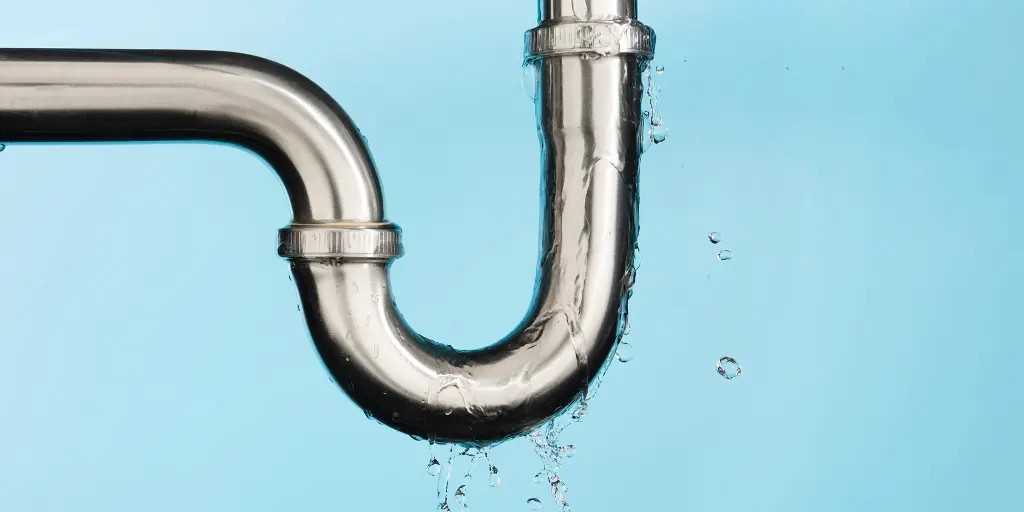Since the commencement of the 21st century, the integration of computers and subsequent digitalization has propelled our technological capabilities forward by over a hundred-fold. This era of computer technology has ushered in transformative changes in how we share information, communicate, and conduct work. Much of this progress can be credited to the introduction of advanced data analytics, the Internet of Things (IoT), cloud computing, artificial intelligence (AI) technologies, and machine learning.
As these evolving advancements continue to unfold, our industrial capacities have progressed to the point that automation, cyber-physical systems, and robotics are shaping the landscape of smart factories. These state-of-the-art manufacturing facilities, now prevalent globally, have significantly elevated various sectors, including automotive and consumer electronics. The collaborative partnership between humans and machines within these smart factories has led to substantial improvements in overall production, performance, and sustainability.
For those eager to delve deeper into the realm of Industry 5.0 and its predecessors, explore the accompanying resource for a more comprehensive understanding.
The Evolution of Industry from Advanced Technology Services, a provider of technical workforce staffing solutions









